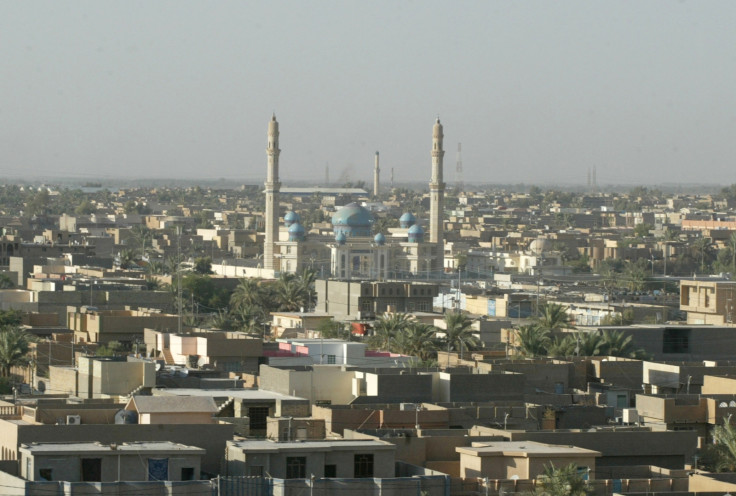Iraq announces start of military operation to free Fallujah from Isis control

Iraq has announced the start of a military operation to free the city of Fallujah from the Islamic State's (Isis) control. In a televised statement from the military's Joint Operations Command in Baghdad, broadcast on Monday (23 May), Iraqi Prime Minister Haider al-Abadi said Iraqi security forces would provide safe passage to civilians leaving the city during the operation.
"Zero hour for the liberation of Fallujah has arrived. The moment of great victory has drawn near and Daesh has no choice but to flee," the prime minister said using another name for the terrorist organisation. Abadi's announcement came hours after the Iraqi military urged Fallujah's residents to flee the city ahead of the operation.
"I am calling for citizens who are inside Falluja to leave their areas and head towards safe corridors," military spokesman Brigadier General Yahya Rasoul said on Iraqi TV, according to CNN. "In the coming few days, the operations to liberate Fallujah will be launched."
A statement from Iraq's Joint Operations Command revealed the government has dropped thousands of safe passage cards on Fallujah.
Deputy District Council Chairman Falih al-Essawi revealed three corridors would be opened for residents to flee to camps west, southwest and southeast of the city. The Iraqi military said that those who could not flee should raise a white flag above their homes, BBC reported.
According to Reuters, the US-led coalition - which has bombed Isis (Daesh) in both Iraq and Syria for almost two years - is expected to provide air support to the operation.
PM Al-Abadi announces the launch of operations to liberate Fallujah pic.twitter.com/Mf0KN7MMoq
— Haider Al-Abadi (@HaiderAlAbadi) May 22, 2016
Fallujah was the first city to fall to IS control in 2014 and is one of the group's two remaining strongholds in Iraq. The BBC also reported that Iraqi military, police and volunteer fighters have virtually surrounded the city, which holds about 60,000-90,000 civilians.
In April 2016, the United Nations and Human Rights Watch warned that the city's civilian population was being barred by IS from leaving and that they faced starvation due to food shortages and high prices. One report claimed that a 110lb (50kg) bag of flour - worth around $7.50 in the US - had been sold for as much as $4,166 (£2,925, €3,650).
© Copyright IBTimes 2025. All rights reserved.






















